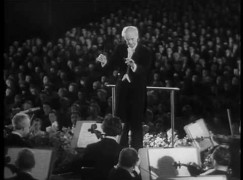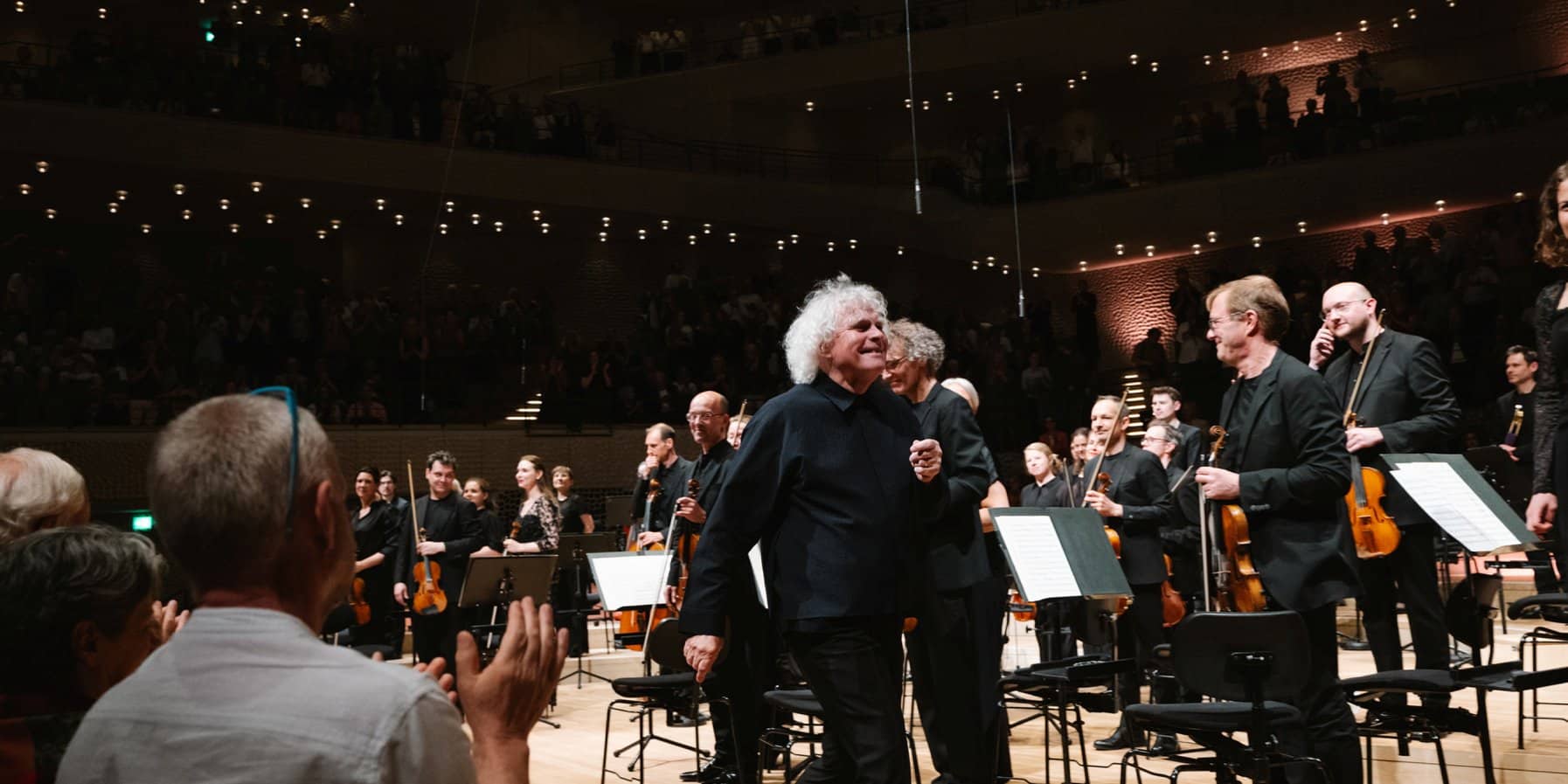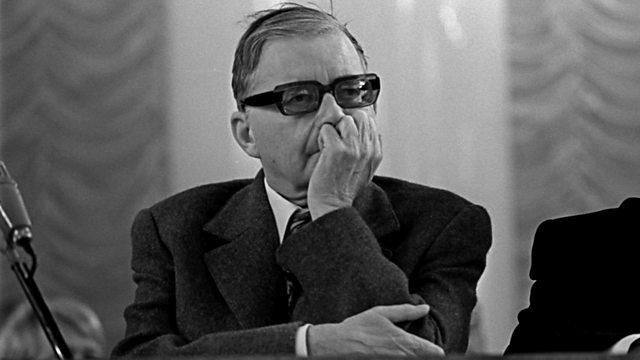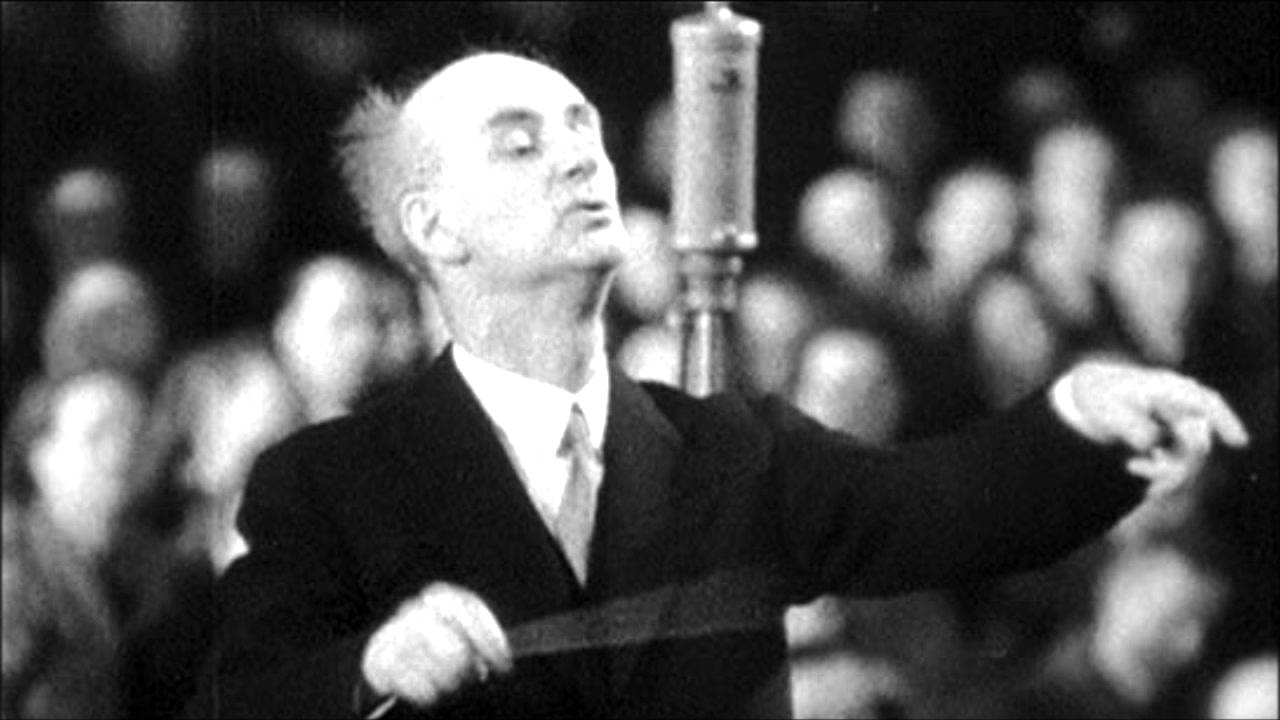US jazz legend says: Bach is the greatest
mainPat Metheny is a multifarious jazz musician with his own band and a largee global following.
Tim Hazlett sat him down to talk classical. Here’s what emerged:
I read an interview from several years ago where you were asked if you listened to Wagner…to which you replied there was too much modulation going on…you wished he would stay in one place. But you did say you were into the “Russian guys…Stravinsky, Prokofiev, etc…. And the French…Debussy, Ravel and Satie. What classical composers, if any, interest you these days?
I must have meant the Wagner comment as a kind of a joke – actually the more modulations the better for me! While I feel an ongoing attraction to trying to understand all the composers that you listed and many others (Berg, Webern, etc.), I don’t feel like I have ever really had the time to devote to sitting down with scores and spending the months I believe it takes to truly digest that music with the kind of seriousness that I have been compelled to invest in other forms. I keep thinking someday I will. I would love that.
But, I do need to add – as much as I love the musicians on your list there, hands down the most important composer in this general realm for me was J.S. Bach. His music has a place in my life that rivals that of Charlie Parker and John Coltrane in that in addition to loving it as a fan, any time spent under the hood with it also has an instant pragmatic effect on the specifics of what I aspire to achieve in music myself.
Spot-on. Read the full interview here.






It is pissing down with rain here in the north of England, the skies are grey and the wind is blowing a gale………….but when you hear this you cannot but let a little smile creep across your face.
What an honor for JSB to be mentioned in one breath with Charlie Parker and John Coltrane. Finally updated.
Yeah actually. If we move by numbers, Coltrane and Parker probably (most surely) touched more people than JS Bach will ever, but who is counting.
Not like you are a psychopath who actually thinks one type of music is somehow superior to others….or are you? Because if you actually think that Bach should reign supreme, you are 1/2 a step away from going to Bataclan and making your voice heard….
Extremisim exists in multiple forms, not only Religions.
It is wholeheartedly recommended to visit one’s therapist and check one’s bowel movement before exposing oneself to the wild world of Slipped Disc.
Debussy advocated the organisation of a ‘secret society’ to protect musical works of great value from the ears of people, who considered classical music as for casual use as a handkerchief. One can sympathize with that…. There are people who immediately feel their inferiority complex burning in their soul when they hear the word ‘culture’. Who was it again who said: ‘When I hear the word culture, I reach for my gun’? Sounds familiar nowadays?
In today’s pluralistic society, there is place for a Coltrane, a Parker, a Metheny, and a JS Bach, but fortunately JSB does not need an update by anyone.
It’s touching, however, to hear Metheny saying these things, obviously he has no clue where he is talking about, but his musical instinct makes him sense something which is generally completely oblivious to so many of his collegues. Once I had an interesting discussion with a black American jazz musician who got hooked on Tchaikovsky and wanted me to explain why, since it was totally mysterious to him. It shows the deep musical instincts by the really good jazzers, getting through ignorance and alienation from high culture.
So, jazz is also on your black list…
I should have guessed.
Tell us, Borstlap, besides yourself, what do you like?
I know, reading is difficult, as is thinking, as is making common sense distinctions…. even for classical music lovers. I like jazz very much, but will not confuse it with JS Bach. Because, that is something different.
For many people, ‘freedom’ and ‘democracy’ means, that everything and everybody is the same, all lowered-down to the lowest level because there, the numbers are greatest. But quantity says nothing about quality… another type of distinction. Everybody has the right to cultivate his/her taste, but that does not mean that every taste has equal value. Simple distinction, but very difficult for people who feel threatened by critique, or difference of opinion, and interpret ‘freedom of expression’ as a means of attacking the idea that their own taste may need some improvement.
“Everybody has the right to cultivate his/her taste, but that does not mean that every taste has equal value”….. according to who and what criteria?
“Simple distinction, but very difficult for people who feel threatened by critique, or difference of opinion, and interpret ‘freedom of expression’ as a means of attacking the idea that their own taste may need some improvement”………so you are the arbiter of taste and culture and we poor plebs need to know our place!
By the way, I missed the last performance of your latest orchestral composition because the orchestra leader (who I know well) said to me “its tripe mate, give it a miss, but the poor misguided composer thinks he is producing culture”
That people have different tastes, and different opinions about musical / artistic quality, and that quality standards are less easily formulated let alone ‘proven’, does not mean that they don’t exist. Otherwise, there were no performing musicians and orchestras and opera houses trying to produce good performances, there were no music schools, conservatories, etc. etc. attempting to teach quality standards, there were no orchestral programmers worrying through sleepless nights about the new season’s challenges. Simple observations… normal part of any normal education and personal development of professional musicians.
It makes me think of Erasmus’ saying: “Virtue is difficult to pursue and even more hard to defend; surrendering to the broad way however, is very easy, that’s why it is so broad, because so many people tread it”.
And then: the opinions of orchestral players differ as much as commentators on SD… In my experience, their ideas of the repertoire they play is as subjective as anybody’s. No problem. You cannot please everybody. (“Do we have to play that crap AGAIN?” anonymous flute player of Prince Lobkowitz’s home orchestra in 1805 at the prospect of the 2nd performance of the Eroica.)
You still did not answer the enquiry regarding WHO is the arbiter of culture, and under what standards, because you cant have one.
You are right that not everything has equal value: German cars (even with their latest mishaps) are better than Chinese cars. Its empirically provable. Same for French cheese, and a myriad of other goods and services. But music? Is there somewhere a ‘John Borstlap’ accreditation one could get in order to achieve a certain ‘ear’ or level of ‘appreciation’ of the art?
That’s the wet dream of insular snobs like yourself who are absolutely certain THEY have acquired this so-called ‘high taste’ and the rest have not.
So – I must ask: what makes you believe your taste is in fact more developed than anybody else’s? Is it your degrees? Is it your compositions? Is it the what about other people with more degreees and more premieres and more accolades than you that disagree with your views?
At which point does all of this break down into stupid B.S. that at some point some of your adulators or your peers made you believe. What if your taste is not ‘superior’ but simply outdated and out of touch with reality?
The reason you CANT positively answer to any of these questions is because of the very nature of music: its subjective. Should one objectively love more the parents, god (if you have one), or your spouse? Its the same! you cant answer these questions objectively, because the experience will be different for each human being.
That being said – in many aspects I share your viewpoint: If it was up to me, I’d close 99% of the ‘conservatories’, reduce the number of orchestras to 1 per country, and reposition classical music as the highly sophisticated/high value service it should be – selecting only uber-high income individuals as target customers.
But that vision is all but impossible with an industry that lives on the pretense that the western culture should be imposed over that of other countries via education and ‘social-change’. It wont work.
However, I would never dare to 1) compare my work to that of the Eroica (because we both know it is not), nor 2) tell other people ‘this is the way’.
This is music; not rocket science.
Dear Alvaro, please sit down & take a deep breath…. and a cup of tea… and be reassured that I never said that I were an ‘arbiter of culture’. I have my opinions, as you have, and thank you for offering me so much amusement of reading your comment which shows so much commitment amidst so much confusion. I fully agree that music is subjective, but that does not mean that there are no standards. I am merely repeating what is common sense in the professional music world. Anybody in the professional music world can make comparisons… and from them, you learn. And in this process you develop insights and taste (in the 18th century, taste was the most important instrument of assesment of art and we have Bach, Handel, Haydn, Mozart etc. etc. as a result of it.) A good taste is accessible to ALL…. even to people who love music but don’t want to surrender to the idea that they could grow and develop some discernment. Ideas of closing down conservatories and orchestras are already taken-up by a number of politicians, so I hope that awareness of this will compensate for the irritation caused by my common sense reactions.
By the way, Western classical music is embraced world-wide by the peoples themselves, for various reasons, and NOT because of being forced by Western snobs.
This is both Hilarious and pointless
You happily say: “there are standards”
Well – LIST THOSE F@#$% STANDARDS THEN:
Here you go:
Standard 1:
_____________
Standard 2:
_____________
Standard 3:
_____________
No matter what you write in the blanks, I will be able to destroy your argument because you are dealing with something intangible and subjective. There are no standards (which is precisely the argument of Schoenberg and the Second Vienese school, of Debussy when fighting against the ‘canon’ in the paris conservatoire, etc)
What we do have – and a lot – is frustrated musicians (specially composers) who have their head SO MUCH up their rear end, that they have a need to validate their professional existence by berating other musical styles and genres and calling (oh, the coincidence) precisely what they do as ‘superior’.
Go ahead, give it a try. Enlighten us with what your standards ought to be so we can all laugh.
Every individual will chose the type of music they need. Classical Music is like a Rubik’s cube: its complex, and many will be tempted by the challenge, and the intellectual effort. But the great majority will not, and its completely fine.
Taste is TASTE, not good or bad. If you work as a composer and it is YOUR JOB to produce material of a certain genre or style, THEN you need ‘good taste’.
But as a listener? I drive the same amount of emotional response, and appreciation, for a good song of Bob Marley, a nice riff by Iron Maiden, the Brandenburg concertos by Musica Antiqua Koln, and Explosante Fixe of Boulez.
Now, make sense of that.
Pat Metheny is one of my favorite non-classical musicians. I have been attending his performances for almost thirty years, whether his more “serious” jazz combos, his more pop-oriented “Group” performances, or when he has been a sideman for others. I also own several of his recordings, including his performance of Steve Reich’s Electric Counterpoint.
Many jazz musicians receive formal classical training, sometimes quite extensive, before making the leap into jazz. There are even those who make careers in both areas, e.g. Andre Previn and Paquito D’Rivera.
I have the impression that that is not the case with Mr. Metheny. Even so, kudos to him if he benefits from studying Bach.
Can someone bring some ice for Mr/Mrs Alvaro’s head? He/she gets off the rails, and it would be regrettable if we would miss lots of interesting contributions.
But seriously, by ‘standards’ is merely meant: artistic quality standards, and they can also be found in institutions (academia, conservatoria, etc.) if they cultivate them. Every musician has standards of quality, and here there is no difference between performers or composers. (Also Mr Metheny has standards, hence his recognition of Mr Bach’s standards.) That they can differ greatly is just an open door. Trying to draw-up a ‘list’ is just silly & childish. But since there is some slandering here of Debussy and Schoenberg…. it may be informative to mention that Debussy was not fighting against artistic standards but against a much too narrow sense of musical tradition at the conservatoire at the time, a situation which greatly improved when the director had to step down as a result of the ‘Affaire Ravel’, and Fauré was appointed who brought reforms. And as far as Schoenberg is concerned: that was quite another case: he fought against the classical tradition which had itself anchored firmly in Vienna and tried to replace it by a negative mirror image of that tradition. Audiences who fought at his concerts feared the breakdown of a great tradition, and rightly so. I think those early ‘protest-audiences’ had considerable quality standards…. while in the wake of Schoenberg’s atonal music experiements, hordes of untalented people could use his ideas to justify the complete lack of any artistic standards whatsoever. Hence the problems of contemporary music.
I like Boulez’ “Notations” because of the sound, and the faint smell of Viennese expressionism in the tuttis. But it is not music of course, you have to enjoy it as sonic art and that’s allright.